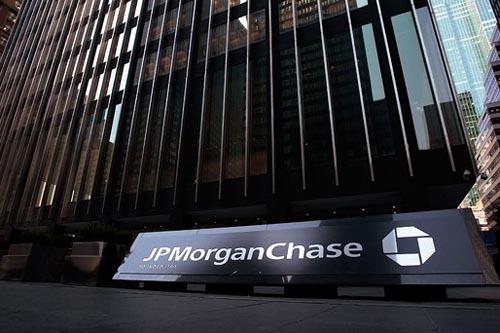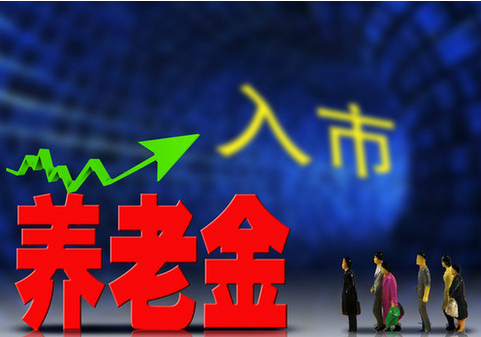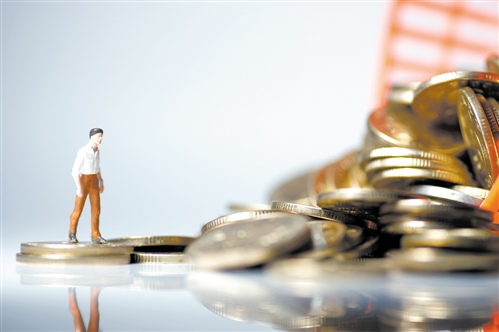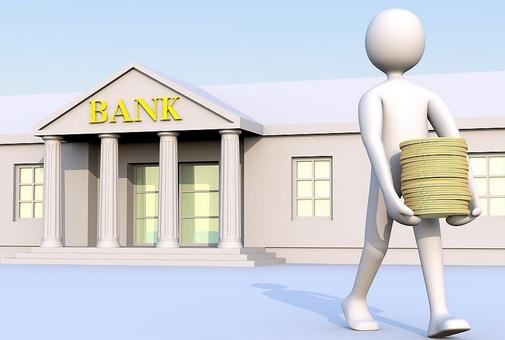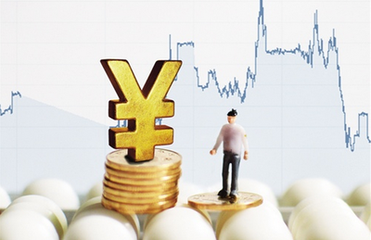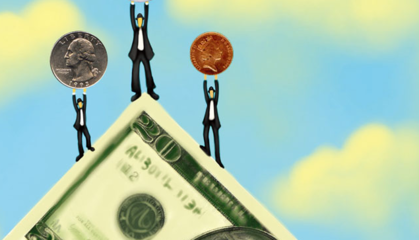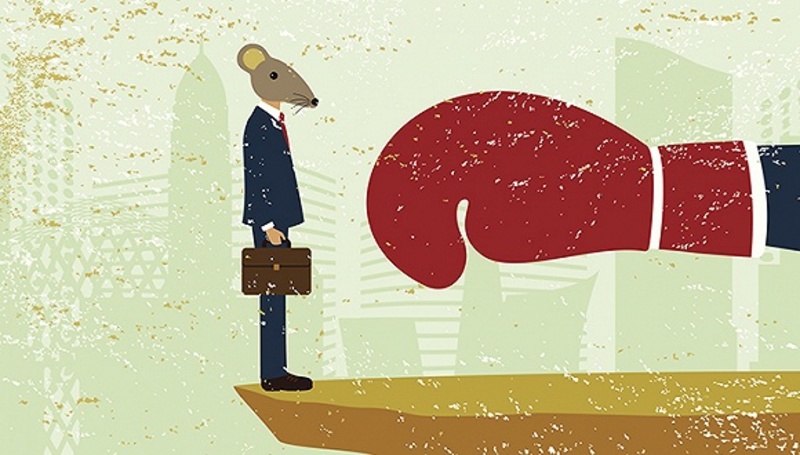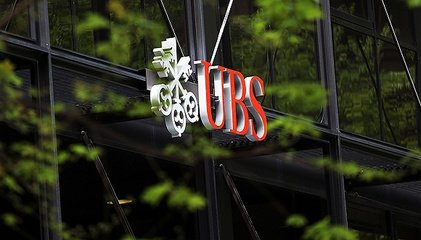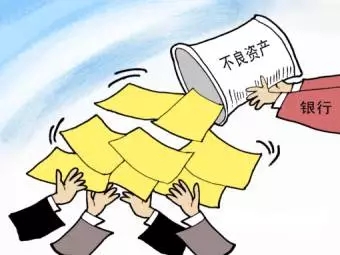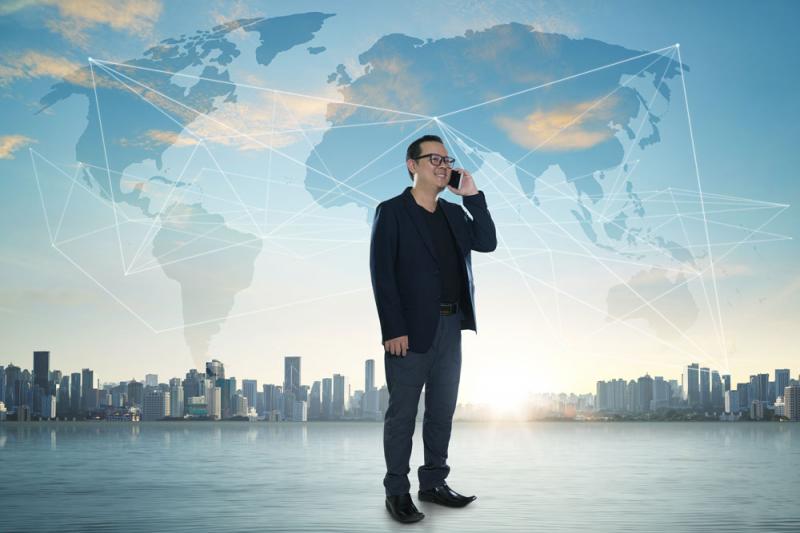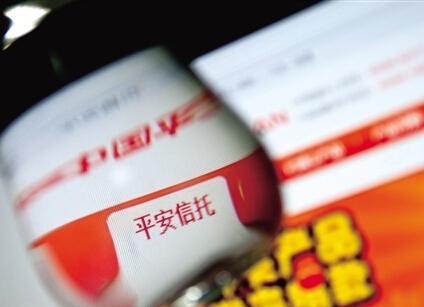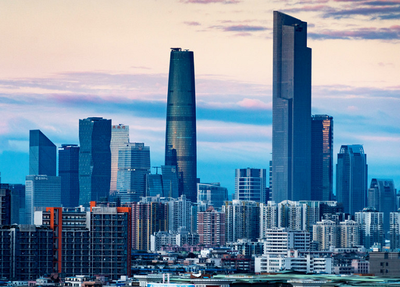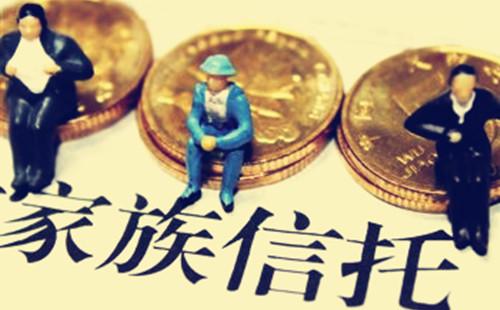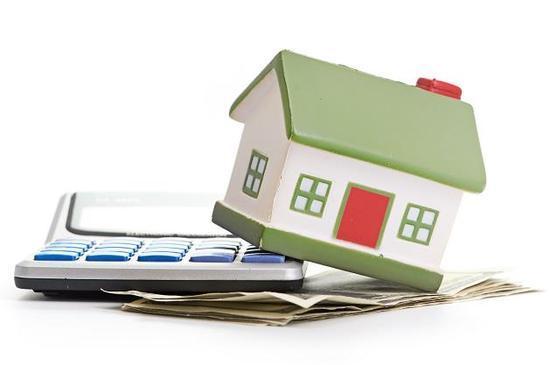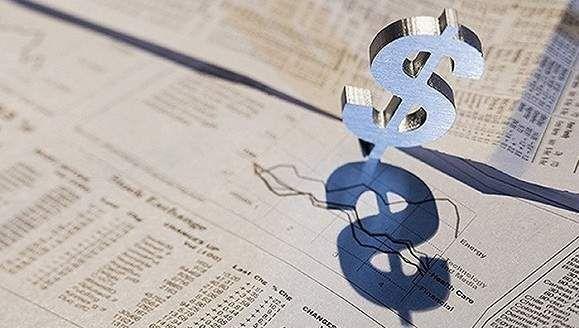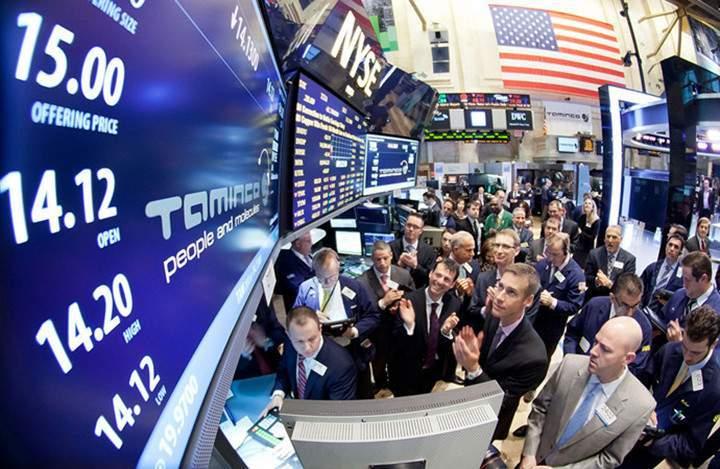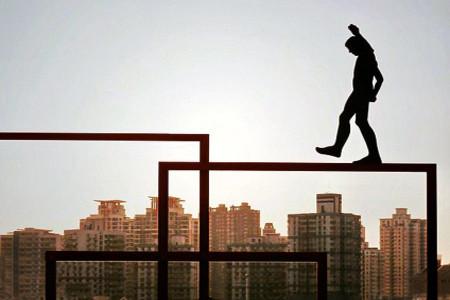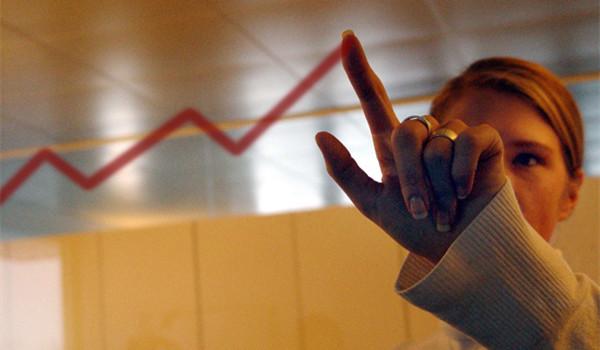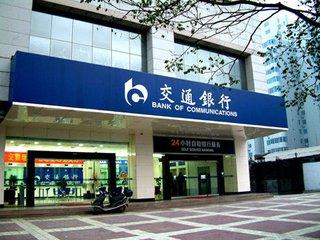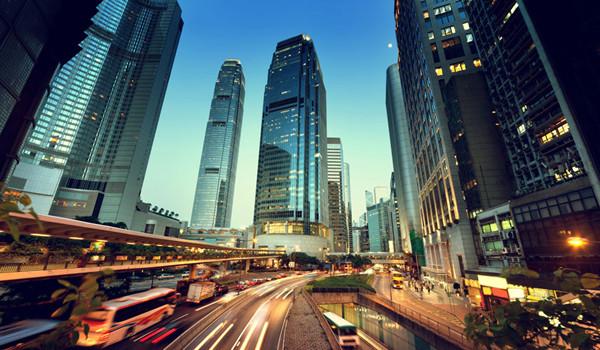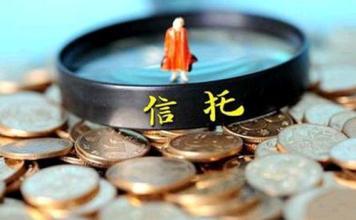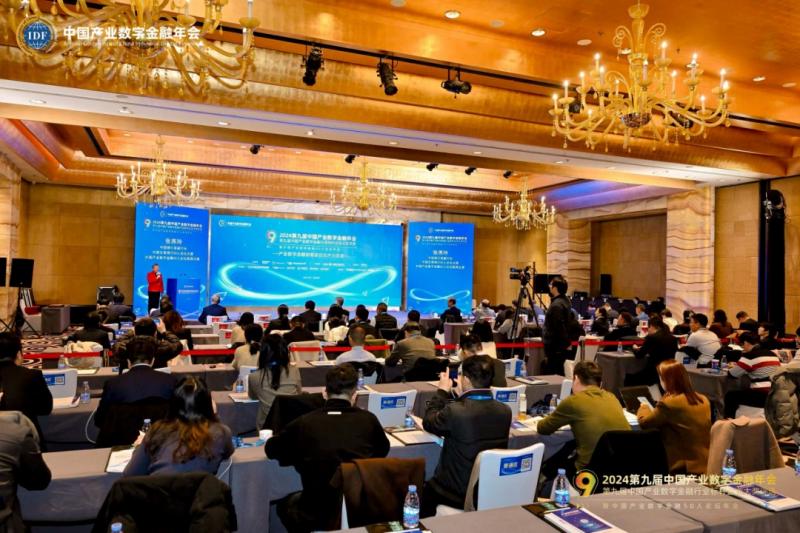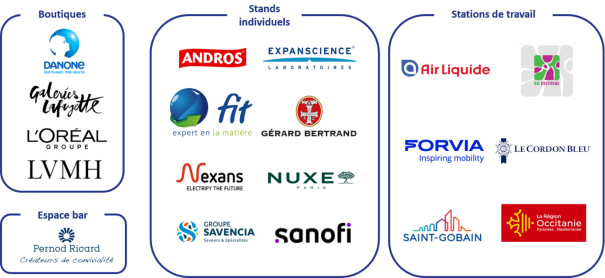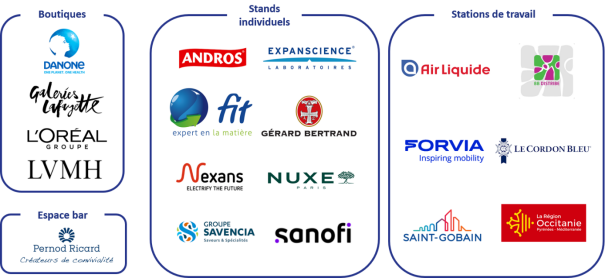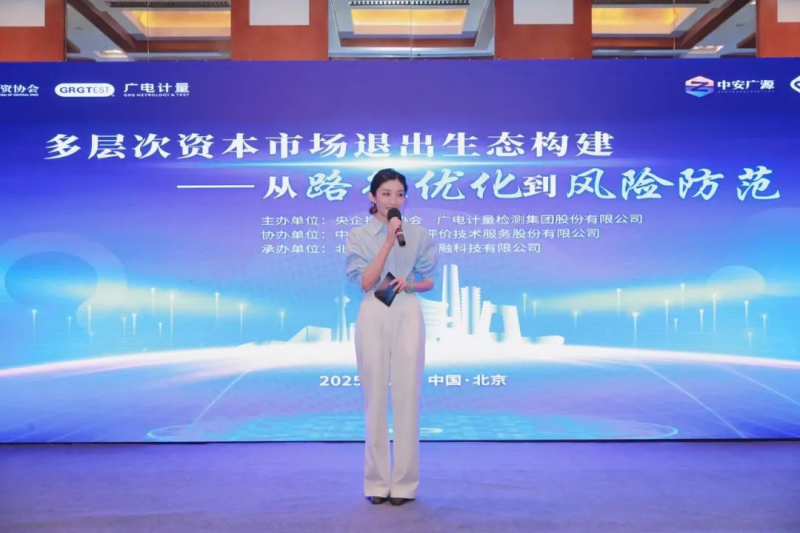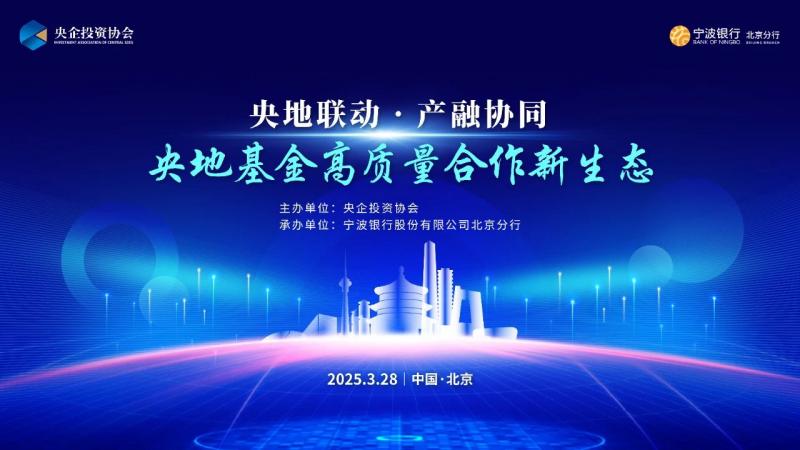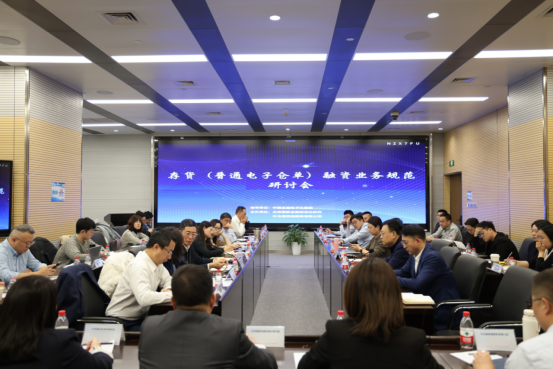2016年10月16日
ofo联合创始人兼首席运营官张严琪在联合国“城市绿色经济发展大会”进行英文主旨演讲
维也纳时间9月26日,由联合国工业发展组织及南南合作金融中心联合举办的“城市绿色经济发展大会 (BRIDGE for Cities)”在联合国工业...
维也纳时间9月26日,由联合国工业发展组织及南南合作金融中心联合举办的“城市绿色经济发展大会 (BRIDGE for Cities)”在联合国工业发展组织总部奥地利维也纳举行,全球各地的政策制定者和来自于国际组织、金融机构、政府、民间团体、学术界以及工商业等代表进行了建设性对话,对可持续城市产业发展的整体进程进行了探讨。

ofo联合创始人兼首席运营官张严琪则作为新兴市场高科技企业的代表,在“分享经济如何影响城市发展的未来”的分论坛上进行了主旨演讲。同时ofo还宣布,由于前期运营效果良好,ofo将在维也纳再投放500辆共享单车,并且加强了当地的运维队伍。

张严琪在演讲中提出,ofo的成功充分反映了城市居民出行方式两个不变的需求:效率和便利。共享单车作为一种高效便捷的出行方式,让出行路线的规划变得多样,缓解了道路和公共交通在“高峰时段”的压力。粗略估算,ofo用户每天骑行自行车的总里程超过了2150万公里,到目前,相当于总共节省了6.15亿升燃料,减少了216万碳排放量。由于其对绿色经济的贡献,ofo也被马来西亚的马六甲市成功引进,并被纳入到马六甲 “绿色技术城市2020”的城市发展规划之中。
目前ofo已经在13个国家180个城市展开运营。张严琪还提到,ofo愿意与其运营所在地的地方政府保持密切合作,加强对共享单车的管理和规范,确保用户安全,进一步整合公共资源,让这种高效便捷的出行方式更好的服务市民生活。
演讲中英文原文如下,
各位下午好,我是全球最大无桩共享单车平台ofo的联合创始人兼首席运营官,张严琪。
我很高兴能与大家分享ofo的故事。我相信,在分享经济如何影响城市居民的生活方式和城市发展计划方面,ofo是最具代表性的例子之一。
对于那些对我们业务不熟悉的人,我需要做进一步说明,ofo是一个自行车共享的平台,用户可以通过智能手机App找到离他们最近的单车,轻松解锁,并根据骑行时间对整个骑行过程进行快捷支付。ofo平台的注册用户,在全球任何地方只要看到ofo小黄车都可以无障碍用车,只要锁车便可结束行程。
ofo成立于2014年,于2015年投入运营,为城市居民提供绿色、高效、智能和经济的出行体验。两年时间,我们已经成长为世界最大的无桩共享单车平台,我们在全球180个城市拥有超过2亿的用户,其中包括西雅图、伦敦、新加坡、曼谷和维也纳等国际大都市。
我们的成功反映了城市居民的两个不变的需求:效率和便利。
ofo出现之前,城市居民通常需要在地铁站、公交车站、办公室、家庭和超市之间,用脚走完“最后一公里”。而对于远离公共交通点的地方,人们不得不开车去找地方停车,十分麻烦。
但是,共享单车作为一种高效便捷的出行方式,让出行路线的规划变得多样。这也导致了道路和公共交通的出行分散,尤其是在“高峰时段”。
ofo给城市发展不仅带来高效便捷的出行方式,众所周知,碳零排放的自行车,是陆地上最环保绿色的交通工具。ofo所原创的共享单车绿色出行模式,让城市居民可以随时随地轻松“骑车”。
粗略估算,ofo用户每天骑行自行车的总里程超过了2150万公里,到目前,相当于总共节省了6.15亿升燃料,减少了216万碳排放量。
由于其对绿色经济的贡献,ofo也被马来西亚的马六甲市成功引进,并被纳入到马六甲 “绿色技术城市2020”的城市发展规划之中。
ofo在中国已经开展了与用户的互动活动,来强调绿色出行对环境的积极影响,比如将用户的里程数,按照消耗的碳排放量转换成等量的树木等等。ofo希望通过这样的方式,帮助市民直接联想到他们的生活方式将如何影响整个生态环境。
我们为自己以及所做的事情而感到自豪,同时,我们也明白,ofo 的成功与用户的参与和政府的支持密不可分。
随着ofo的快速发展和对公共交通持续带来变化,各地政府也在出台新的监管措施,我们愿意与地方政府保持密切合作,加强对共享单车的管理和规范,确保用户安全,进一步整合公共资源,让这种高效便捷的出行方式更好的服务市民生活。
How can sharing economy impact the future of urban development
“BRIDGE for Cities”
Good afternoon, everyone. I am Zhang Yanqi, Co-founder and COO of ofo, the world’s first and biggest station-free bike-sharing platform.
I am very excited to share with you the story of ofo. I believe ofo is one of the most representative examples of how sharing economy influences urban residents’ lifestyle and urban development plans.
For those of you who are not familiar with our business, we operate a bike-sharing platform that enables travelers to trace the registered bikes closest to them, unlock them via a mobile APP, and process payment for the riding based on the riding time. Any registered users of the ofo platform can start riding anywhere they see an ofo bike, and dock and lock the bike to end the journey anywhere legitimate.
ofo was founded in 2014 and we started our business in 2015, in the will to provide green, efficient, smart and affordable transportation to urban commuters. In two years, we have grown into the world’s biggest station-free bike-sharing platform. We have gained more than 200 million ofo users in 180 cities all over the world, including Seattle, London, Singapore, Bangkok and here in Vienna.
Our success reflects the two unchanging demands of urban residents: efficiency and convenience.
Before ofo appears, urban commuters often need to walk “the last mile” of their journey between metro stations, bus stops, offices, homes, and supermarkets. For places that are far away from public transportation spots, people have to drive and look for places to park.
But with ofo as a convenient and efficient travelling option, the ways for route planning instantly become multiple. This results in decentralized traffic on roads and public transportations, especially in “peak hours”.
But what ofo can offer to urban development is more than travelling convenience and efficiency. As we all know, biking is the single most green vehicle on land (we should not forget boats) as it has no carbon emission. ofo has released bike’s green value to the full by enabling urban commuters to “ride on” anytime, anywhere.
In a rough calculation, ofo users travel a total distance of over 21.5 million kilometers on bike daily. The trips up to now combine to save 615 million liters of fuel consumption thus reducing 2.16 million tons of carbon emission.
Because of its influence to green economy, ofo was also introduced to the city of Melaka in Malaysia and is included as part of Melaka’s “Town of Green Technology by 2020” urban development program.
In China, ofo has started many interactive campaigns to promote green lifestyle among its users, such as transforming users’ meter records into equivalent number of trees that consume the same amount of carbon emission. ofo has helped people to associate in direct images how their lifestyle can directly impact the environment on the whole.
We are proud of who we are and what we have done, but in the meanwhile, we are well aware that our success is built on the support of both local users and local municipal government in each and every city we have entered.
With the fast expansion of ofo and the changes it brought about in public transportation, the local municipal government is also acting quickly on new regulations. We are willing and active in cooperating closely with local governments for better regulated usage of our bikes, to ensure the safety of our users, utilization of public resources, and optimization of travelling convenience and efficiency.
Thank you!

